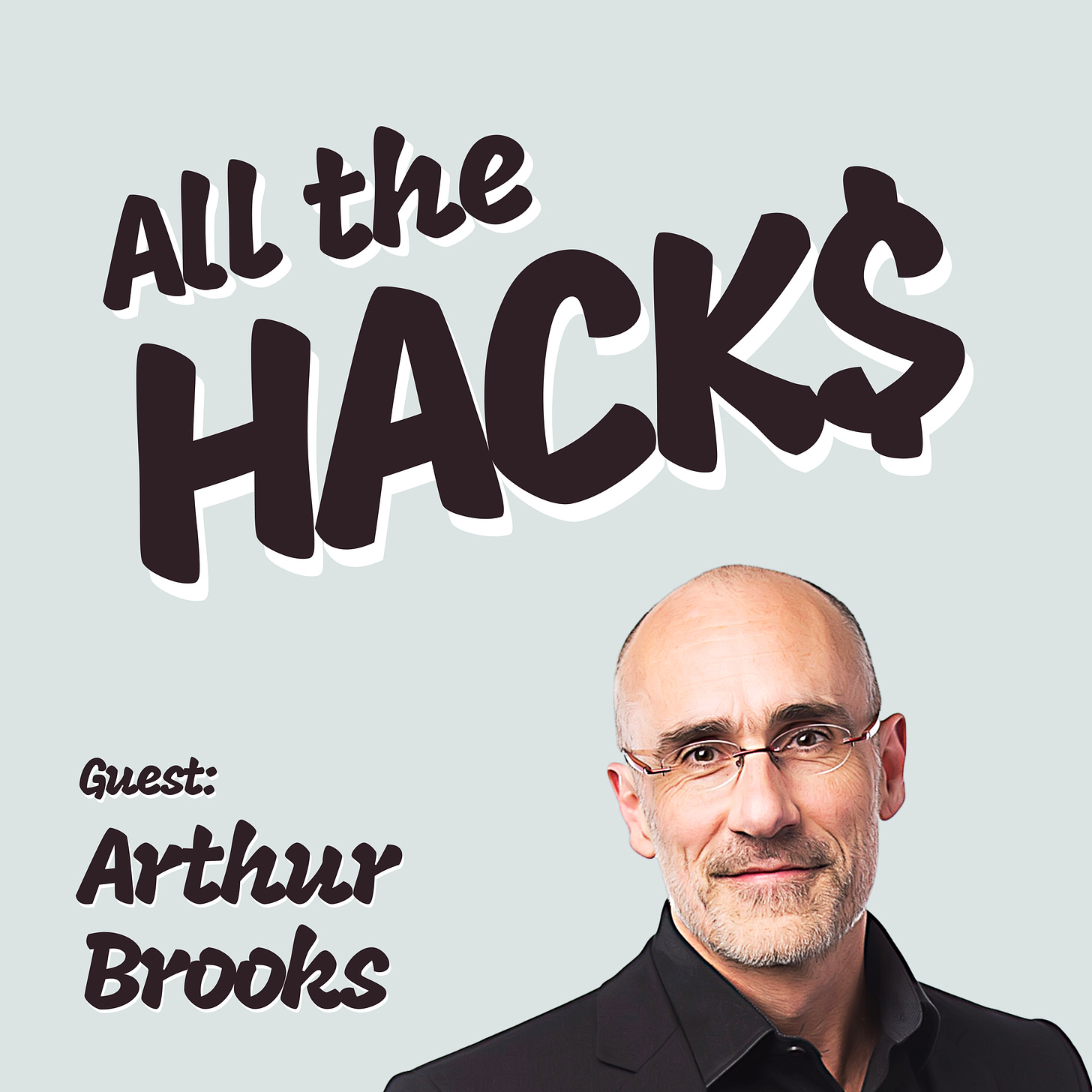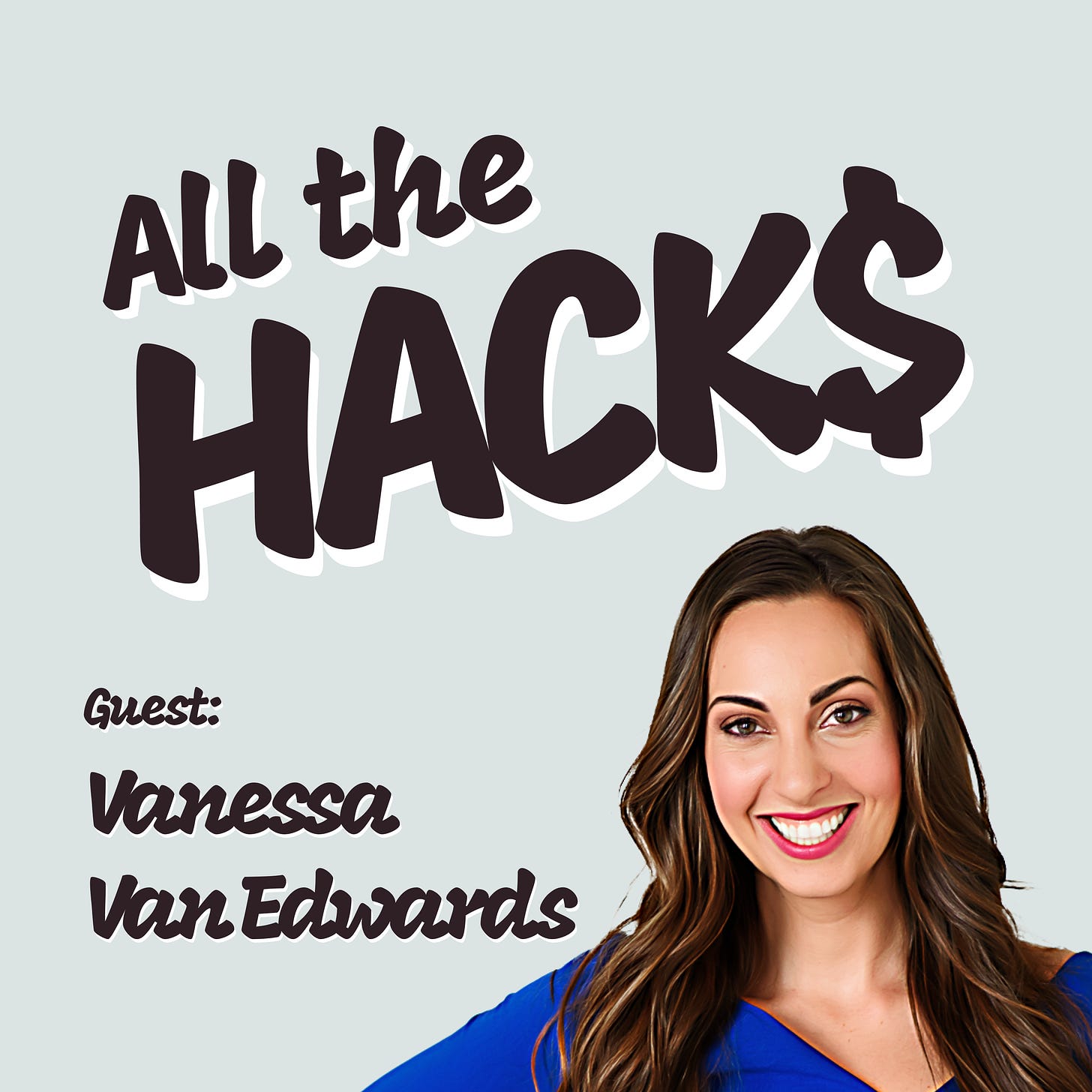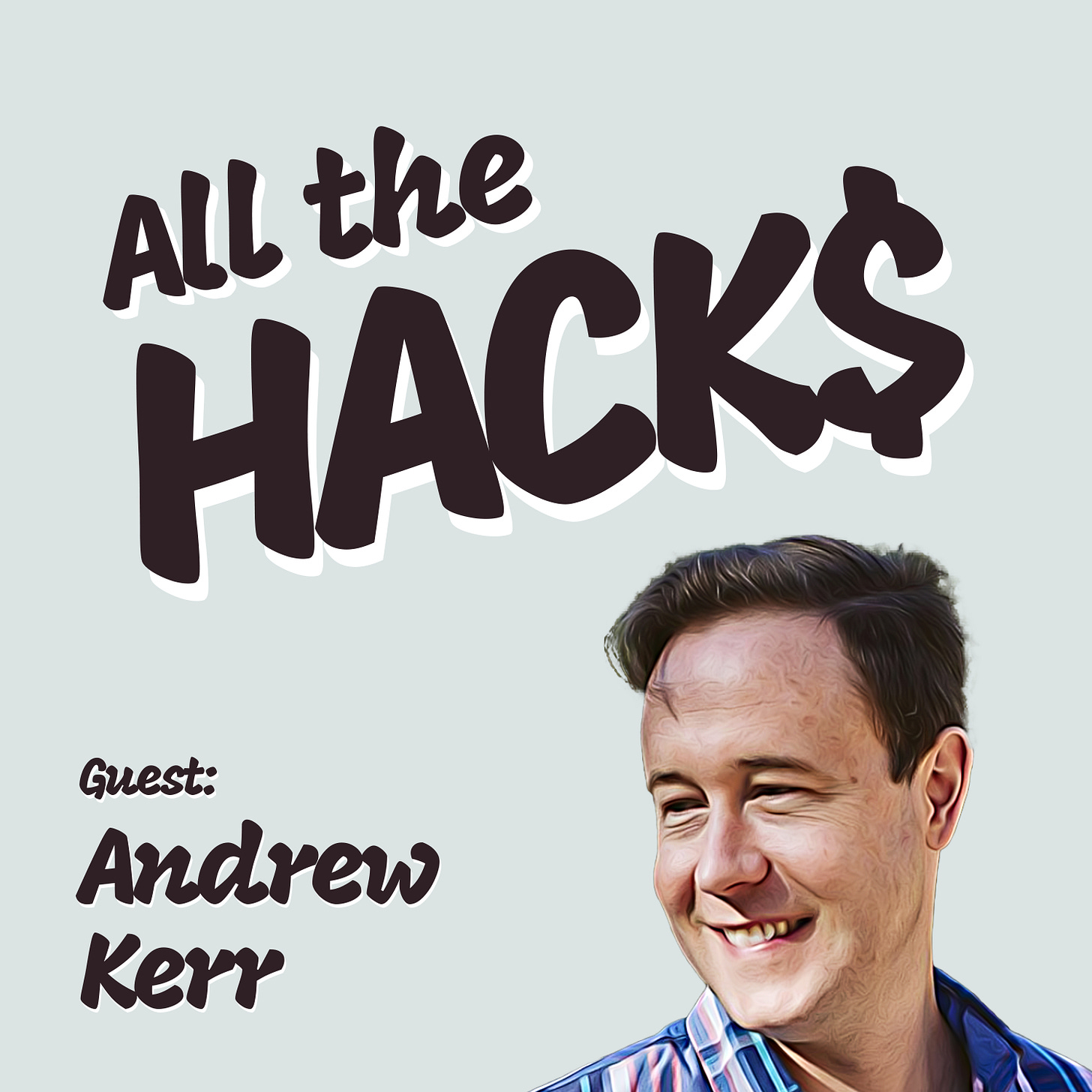🏡 When Renting is Better Than Buying (+ Big CapOne Sign Up Bonuses Ending 3/14)
👋 Hi all, Chris here! Earlier this week I had a conversation with someone who was sick of “throwing away money on rent” and felt like it was time to buy a home. It’s a common invisible script that you need to own a home – after all, isn’t it the American dream? Well I don’t think it has to be… and there are actually some great reasons that renting can be a better option. However, instead of writing this from scratch, I thought I’d share a post I wrote on the topic for the Wealthfront Blog (which has so much good content from my colleagues, including three great guides on Financial Health, Home Planning and Equity & IPOs). Finally, if you have any thoughts, ideas or feedback, please respond to this email and let me know!
💳 2 Big Capital One Signup Bonuses Ending 3/14
Capital One® Venture X Rewards Credit Card: 100,000 Points
Last November I got the new Capital One® Venture X Rewards Credit Card and it’s quickly become my default “everything else” card because it earns 2 points/$ that can transfer to 14 airlines and 3 hotel chains. But the best part was the massive 100,000 point sign up bonus for spending $10,000 in the first six months. Well that awesome bonus is coming to an end on March 14, so if you've been waiting to signup, now is the time to do it. And if you want to support me and the show, you can learn more at allthehacks.com/cards (just click the picture of the Capital One® Venture X Rewards Credit Card in the Our Favorites section).
Capital One® Spark® Cash Plus: $3,500 (aka 350,000 points)
If you happen to be a business owner capable of meeting the requirement to spend $50,000 in the first six months, the signup bonus for the Capital One® Spark® Cash Plus is the biggest signup bonus I think I’ve ever seen. Technically the bonus is $3,500, but if you also have a Capital One® VentureOne® Rewards Credit Card or Capital One® Venture X Rewards Credit Card, I believe the $3,500 is effectively 350,000 points. Either way, it’s an amazing deal that expires next week, so I just opened one for All the Hacks. It’s also a fantastic biz card, earning 2% on everything (which will be 2pts/$ since I have the Venture X). Unfortunately you won’t find the $3,500 offer anywhere online (and I don’t get any referral credit), but if you’re interested, reply to this email and I can help you get connected with the right person at Capital One to make it happen.
🏡 Why Renting Is Sometimes Smarter Than Buying
This post originally appeared on the Wealthfront Blog (here)
📺 Video: Rent vs. Buy
While we’re on the topic, I thought I’d also share a video I made in 2019 on the topic of renting vs. buying when I was running my last startup Grove. I made a few different points here, like how buying a home often forces you to pre-buy space that you wouldn’t have needed to rent yet (since you’re planning for a longer time in the home).
💰 Deducting Mortgage Interest on $1m+ Homes
The IRS allows you deduct home mortgage interest on the first $750,000 of a mortgage ($375,000 if not married, filing jointly)
1 which is an amazing benefit for homeowners. However in places like San Francisco or New York, it’s almost impossible to find a home where your mortgage isn’t going to exceed that limit, so you’re not able to deduct all the mortgage interest you pay. Well if you fall into that scenario, there’s a tax hack that when executed correctly, will greatly increase the amount of interest you can deduct (note: this is NOT tax advice). Also, I know this won’t be relevant for everyone, but it’s such a great hack for some of you that I wanted to share.
So how it works is that the interest on any money you borrow and then use to invest can be categorized as investment interest expense and deducted from investment gains (e.g., interest, dividends, cap gains) and thus reducing the taxes you’d owe. Two practical ways this could work:
- If you already have a mortgage over $750,000, you would use your cash to pay that mortgage down to $750,000 and then later do a cash-out refinance to bring the balance of the mortgage back up to however much you want. Then use all the money you cash out to invest.
- You want to buy a home and can pay for it in cash. Then within 90 days you do a Cash Recoup Mortgage and use all but $750,000 of the cash you get back from the mortgage to invest.
I don’t expect most people to have this much cash just sitting around, but if you recently had a windfall that you’re planning to invest, this could make sense before you make the investment. Or the tax savings could be enough for it to make sense to sell your investments to execute this strategy and then reinvest the money after.
If any of this is interesting, I’d recommend reading this great blog post from SVB and ABSOLUTELY talking to an accountant beforehand. Also, part of the complexity here is around a concept called “interest tracing” which requires you trace the funds to show that they were used for the correct purpose. If you’re interested in learning more about it, Deloitte has a great Interest Tracing Guide.
🎙 Recent Episodes
Each newsletter I’ll highlight a few recent episodes, as well as a favorite from the archives that you might have missed.
 |
#47: Finding Happiness, Success and Deep Purpose
Behavioral social scientist Arthur Brooks discusses happiness, the different types of intelligence, hustle culture, the science of satisfaction, the reverse bucket list, the four good idols (friends, family, faith, and work) and the four to watch out for (money, power, pleasure, and pain) Thank you to Starship for sponsoring this episode!
| 🎧 Listen to Ep47 w/ Arthur Brooks |
 |
#46: Why 50/50 Doesn't Work: A New Model for Happier Relationships
Vanessa Van Edwards, a master of communication, discussed the language of human social cues, what it takes to be charismatic and the impact that the four primary forms of communication (vocal, words, tone, and imagery) can have on your success in communication with business colleagues, friends, and family.
| 🎧 Listen to Ep46 w/ Vanessa Van Edwards |
 |
#14: House Hacking To Build Your Wealth
Real Estate Pro Andrew Kerr discusses the six different types of house hacks you can use to start saving money, tips for buying and selling properties, and how to start thinking about real estate as a way to build your wealth.
| 🎧 Listen to Ep14 w/ Andrew Kerr |
💭 Parting Thoughts
Thank you so much for reading! How’d you like it?
Loved | Great | Good | Meh | Bad
Your feedback will help make it great, so I’d love to hear your thoughts/suggestions. Please feel free to respond to this email and I promise to read and respond to every one. If there’s a topic you’d love me to dig into in an upcoming issue, please let me know!
Thanks for reading!
Chris
All the Hacks is part of an affiliate sales network and receives compensation for sending traffic to partner sites, such as MileValue.com. This compensation may impact how and where links appear on this site. This site does not include all financial companies or all available financial offers. Terms apply to American Express benefits and offers. Enrollment may be required for select American Express benefits and offers. Visit americanexpress.com to learn more.
The content on this page is accurate as of the posting date; however, some of our partner offers may have expired.
Editor’s Note: Today, I’m grateful for the support of our affiliate partners MileValue and Starship.Opinions expressed here are the author's alone, not those of any bank, credit card issuer, hotel, airline, or other entity. This content has not been reviewed, approved or otherwise endorsed by any of the entities included within the post.
Wondering why you received this? It’s probably because we know each other or you signed up for emails from me or one of my previous companies (LaidOffCamp & Grove). Hopefully you’ll enjoy the content, but if not, you can easily unsubscribe at the bottom of this email.
1 https://www.irs.gov/publications/p936
Chris Hutchins
Discover the latest and greatest hacks, deals and recommendations to upgrade and optimize your life, money and travel – all while spending less and saving more.
👋 Hi Reader, Hope your weekend is off to an amazing start! Here's a quick sneak peek of today's newsletter: 🤔 Points & miles update: what's new, dying & next 💳 Latest credit card welcome offers (incl. best ever) 💊 Free $25 Amazon Pharmacy credit 💵 300K sign-up bonus + up to 500K points/year with Silo 🤩 Latest award flight & hotel deals 🔗 Card-linked offers worth $1,000+ 💡 How to borrow money at U.S. Treasury rates, and more! If you enjoyed reading, please forward this email to a friend who...
👋 Hi Reader, Happy Saturday! Here are some highlights from today's newsletter: 🗓️ Goals, tools, and mindset shifts for a better 2026 🆕 Major changes to how you earn rewards with Bilt 2.0 💳 5 free nights at Hyatt with a limited-time welcome offer 💰 Earn up to $40K+ from bank, brokerage & crypto bonuses 🍽️ $50 inKind referrer bonus extended through 1/31 🏨 Gondola adds hotel price alerts (+ get a $50 bonus) 🛒 Big discounts on BJ's Club & Club+ memberships 📝 Free personal annual review template,...
👋 Hi Reader, Hope you're having a great start to your weekend! Here's a quick sneak peek into today's newsletter: 🎯 My top 10 takeaways from 2025 💳 Big new welcome bonuses (and a few ending soon) 💰 Earn up to $10k and 500k points from brokerage bonuses ✈️ Business class award flight deals 🏰 Save $1,000+ and get free park days at Disney World 💸 Rakuten's $50 bonus extended through 3/31 🗓️ How to plan an incredible 2026, and more! If you enjoyed reading, please forward this email to a friend...